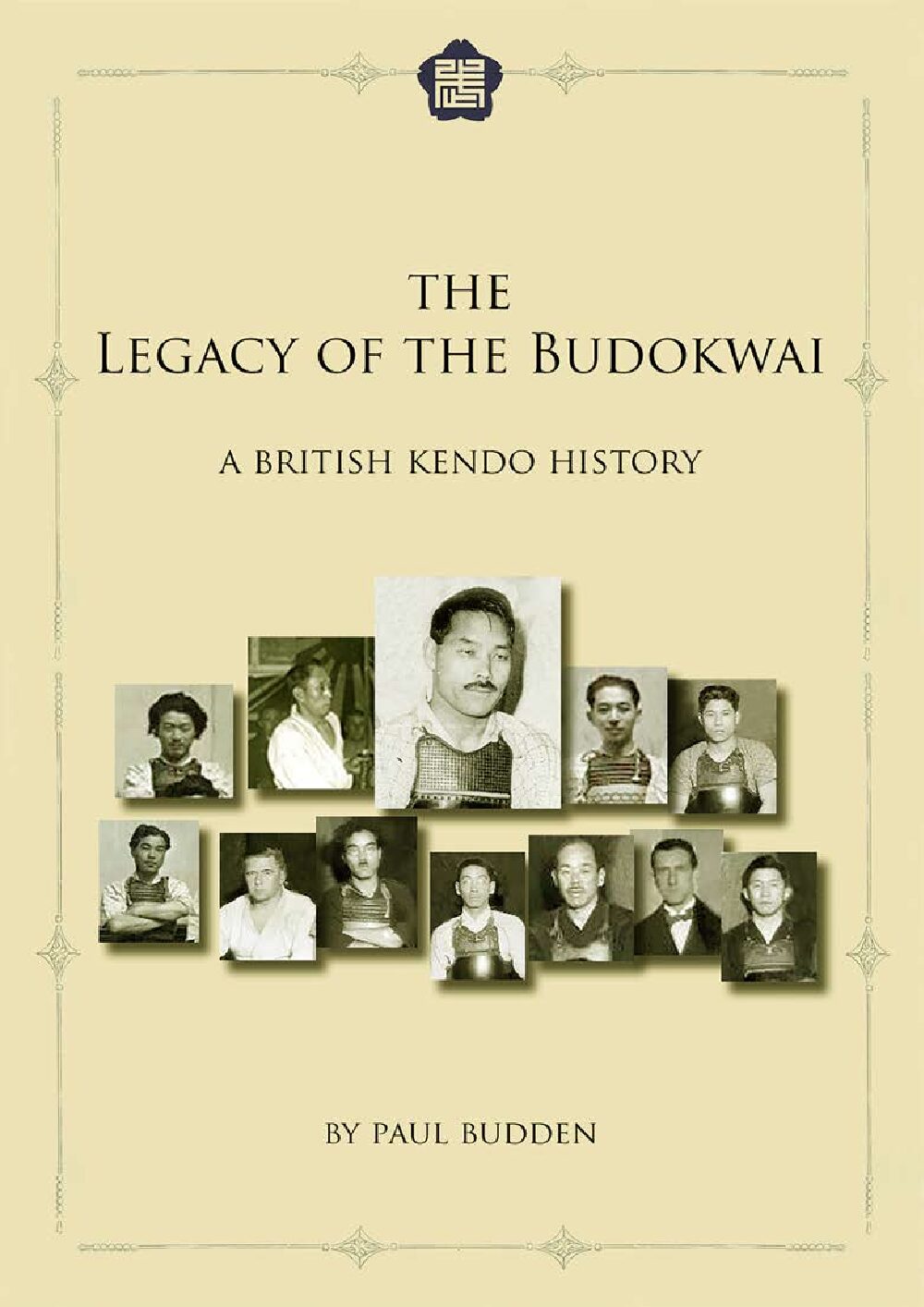By Paul Budden
KCP Publisher 2023
The oldest and most famous judo club in Europe is the Budokwai, a beacon of excellence and a prime mover in the development of judo for more than a century, playing a leading role in establishing the European Judo Union and the International Judo Federation.
However, many people need to be made aware that it was also responsible for introducing kendo to the United Kingdom by making it available to the general public through instruction to its membership in the early 20th century.
Kendo was established within the expatriate Japanese communities in the ‘New World Countries’ of the USA, Hawaii, Brazil, Canada, the Philippines and also in Great Britain. Collective individuals sought to retain cultural elements of their heritage through activities like judo and kendo while making a new life outside Japan. However, the establishment in Korea, Manchuria (China) and Taiwan was purely down to the Imperial expansion of the Japanese empire. All of these countries represented in totality ‘International Kendo’ from the 1860s until the outbreak of the Second World War.
Founded as an amateur society in 1918 the Budokwai chose to study and promote ‘the Japanese form of culture, sport and self-defence – Budo.’ As a martial arts and cultural club for the Japanese population living in London at that time, it also attracted westerners interested in ‘Things Japanese’.
This book explores the historical and cultural background surrounding the establishment of the unique activity of kendo in Great Britain.
Paul Budden paints a detailed picture of the events and individuals involved from its early development.
His enthusiasm comes off the page and makes it a fascinating read. 185 images augment this publication
The Legacy of the Budokwai – A British Kendo History, as his other works are available from Amazon.

